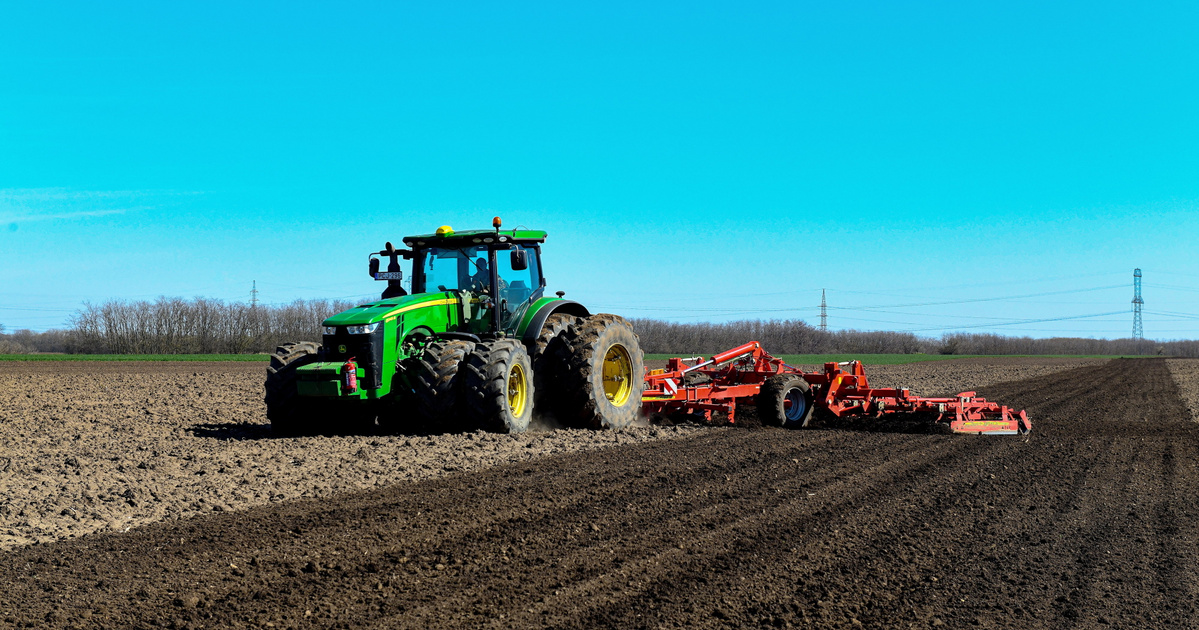Zsolt Feldman A Closed future in the museum? Sustainability: dream and reality He spoke at the conference organized at the Hungarian National Museum.
“We demand strict rules from EU farmers in order to protect natural resources, while we do not impose such difficult production conditions on third countries, and because trade has become global, unsustainably produced agricultural products also come from distant continents.” The Minister of State said.
Zsolt Feldmann assessed the regulation of European agriculture as a tense contradiction, about which decisions had to be made using the tools of science.
He said, backing this up with a few examples: Compared to intensive animal husbandry, the environmental footprint of free-range agriculture with higher standards of animal welfare is several times higher, and the expected EU encouragement of zero-tillage farming is very difficult in the agricultural sector. – Environment Program In addition to the expected restriction of pesticides in the Agricultural Environment Programme, weeds are very difficult to manage.
EU regulations place more and more expectations on farmers
The Minister of State stated that the role of agriculture in sustainability is inevitable. At the same time, agriculture is often under attack, often unfounded, as EU regulations place more and more expectations on farmers, which often puts their livelihoods at risk due to reduced profitability. This is why the compensatory role played by European agricultural subsidies is so important.
In 2023, the conditions of the agricultural support system were completely renewed and became more stringent from an environmental standpoint.
At home, the balance between environmental sustainability and farmers’ ability to implement regulations has emerged.
In the KAP Strategic Plan, Hungary had to make commitments in exchange for subsidies that, by 2027, farmers would implement interventions to improve and protect soil on 30 percent of its agricultural land, i.e. about 1.6 million hectares.
Hungary pledged to implement agricultural practices aimed at improving air quality on 715,000 hectares, or 13.5 percent of its agricultural land, and pledged to implement sustainable nutrient management on approximately 1.2 million hectares through the activities of natural farmers, Zsolt Feldman said, according to the announcement. A.M.












































